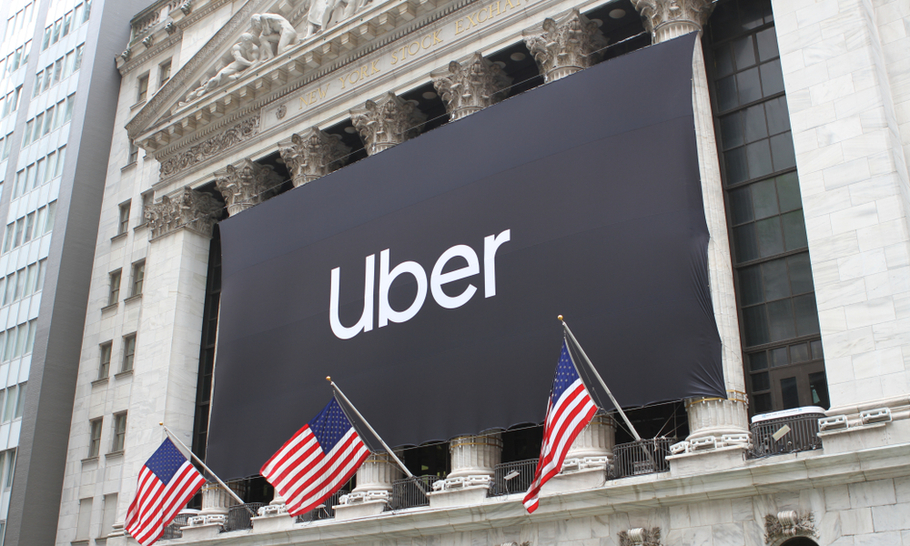We must all have the right to choose our transport, including Uber

(Shutterstock)
Well, Uber hasn’t quite been banned in London yet. If you choose to use the app over the coming days, you’ll still be able to get a ride home as if nothing has happened. Transport for London’s (TfL) decision not to renew the company’s licence will now head to the courts and, given the wheels of British justice grind so painfully slowly, we are still months away from the state preventing consenting adults from arranging how they want to organise their car journeys.
Worryingly though, that is the direction of bureaucratic travel. Far from sending the signal that London is a modern city which is “open for business”, the authorities in the capital city are railing against a technological revolution in transport which is used by literally millions of people and which provides work opportunities for over 45,000 people.
The issue, according to both London Mayor Sadiq Kahn and TfL’s regulatory director, is one of passenger safety. They are conscious that their decision is unlikely to be popular with Uber’s customers, but their intervention is apparently for our own good. Khan could not be clearer, safety is “the paramount concern. Regulations are there to keep Londoners safe”.
Those who represented the entrenched and vested interests of the traditional cab industry are similarly emphatic that they know what’s best for us. Jim Kelly, of the Unite union, certainly seems supremely confident that he knows what is in our own best interests. Uber, he claims, is “creating a race to the bottom which is not in the best interests of professional drivers or customers”.
Yet one way in which Uber supposedly created a “race to the bottom” is warmly welcomed by customers – indeed, it is one of its key offerings. There is, thankfully, a race to the bottom on price. A typical Uber journey in London costs barely half the same trip in a black cab. It’s still generally an expensive option when compared to using public transport, but thanks to Uber, this pleasant and convenient option is now within the financial reach of many more people. No longer is a cab journey just for the very rich or those with generous expenses accounts. If all Uber rides in London were replaced by their hackney cab equivalent, Londoners would be spending around £300 million a year more on transport. If this is a race to the bottom, we surely want more – and faster – races in this direction.
But what of safety concerns? The worry appears to be that we are getting a cheaper service because Uber may be cutting corners.
It is true that TfL have identified around 14,000 journeys which may have been conducted by unauthorised drivers. This sounds like a big number but is obviously a microscopic proportion of the overall total. Uber claim they are redoubling their attempts to resolve these problems. Time will tell if they are sincere and effective in such efforts.
If these sorts of numbers trouble you, you may well decide to use alternative transport options, including the possibility of patronising more expensive and more tightly regulated black cabs. What is difficult to understand though is why London’s mayor and transport regulator need to use the draconian step of an outright ban as they try to second guess the safety tolerance of 3.5 million Uber users in the city. If you personally judge Uber to be unsafe, you are not obliged to use the service.
Personally, I would like to wholly opt-out of TfL’s regulatory interference in my personal safety when it comes to my choice of which type of car to get into on my way home. I’d like to avail myself of some mechanism by which I can formally register as a “non-vulnerable” adult and continue to use Uber wholly at my own risk. Your own preference might be a little more risk-averse than my own – but that’s what dynamic markets in bustling, thriving modern cities are all about.
TfL’s attempt to try and strip us of making our own transport choices is unlikely to be popular. As far as possible, we should be allowed to make our own choices and live with the consequences of them. I suspect that the vast majority of Uber passengers are wholly satisfied with the service they receive on grounds of convenience, speed, cost and safety – which perhaps explains why TfL has to pursue a full-out ban to get people to stop using it.




